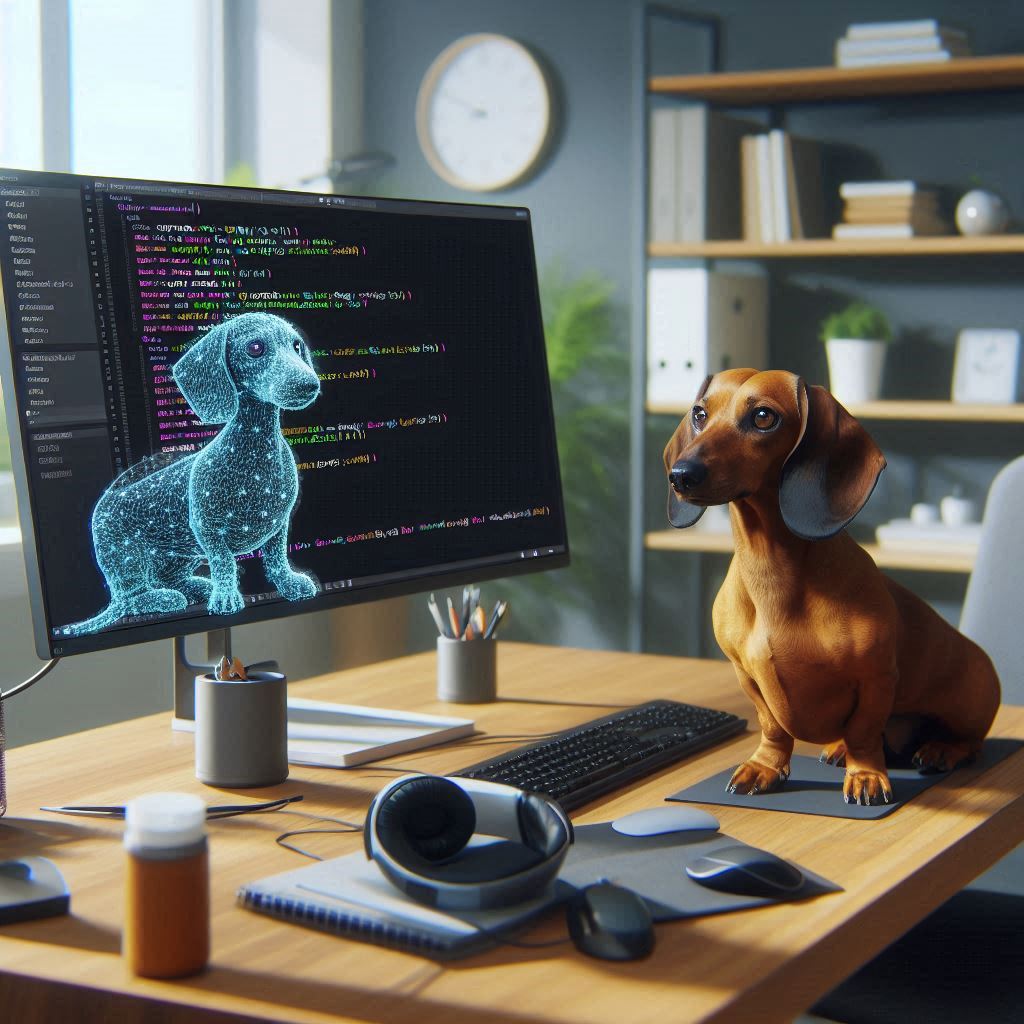Forking and updating Go-ChatGPT with the latest LLMs from OpenAI
I recently updated a GoLang client that interfaces with OpenAI's ChatGPT API. As OpenAI releases new models and deprecates older models, it's important to keep the code up-to-date while reducing maintenance. This post describes the changes I made to the original Go-ChatGPT client so that my chatbot application can use the most up-to-date versions of ChatGPT.
Why make changes to the original Go-ChatGPT client?
I wanted to take advantage of the recently released models, but the original Go-ChatGPT client, ayush6624/go-chatgpt, hadn't been updated in more than a year. Because of this:
- Recently released GPT-4o, GPT-4o Mini, and GPT-4-Turbo weren't listed in the client, so they couldn't be used in Go-based applications.
- Date-versioned models from GPT-3.5 Turbo and GPT-4 that OpenAI had deprecated existed in the client.
To implement my changes, I decided to fork the original repository to josh-wong/go-chatgpt and release a new version to use with my chatbot application.

A dachshund working on AI-related code (AI image generated by Microsoft Copilot)
Adding models and removing deprecated models
To simplify the list of available models, I decided to add the foundation models for GPT-4o, GPT-4o Mini, and GPT-4-Turbo as constants rather than date-versioned models. In addition, to reduce maintenance, I removed the deprecated models.
loading...
The ChatGPT foundation models default to using the latest, stable date-versioned model.
I also needed to update the allowedModels to match the models that I had added as constants.
loading...
Testing and validating the new models
After making these changes, I installed the new version, v0.4.1, in my local environment. Since I'll be using my version of the Go-ChatGPT client moving forward, I needed to update the Go files in my chatbot application to refer to my repository and version.
Then, I tested my application with this new version and confirmed that I could still query the models and receive responses.
Wrap-up
By updating the Go-ChatGPT client, I can now use the latest releases of each ChatGPT model by specifying the foundation model and removing date-versioned models that have a short life cycle. This approach somewhat future-proofs the code, since I won't need to update it every time OpenAI releases or deprecates a date-versioned model.
